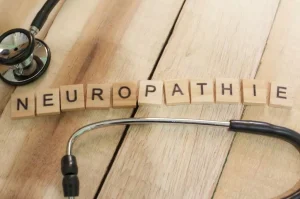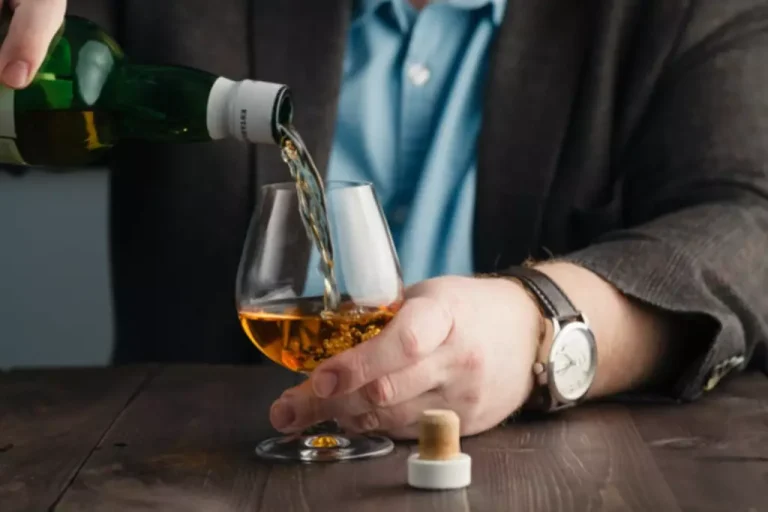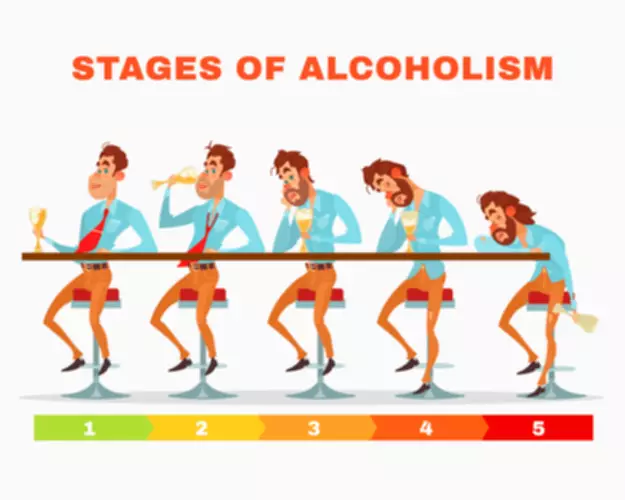
It’s important to set realistic expectations for the impact of your letter. Understand that while your words can be a catalyst for change, they may not lead to immediate sobriety or transformation. The primary goal is to communicate your feelings honestly and constructively, not to control your husband’s actions.
Thank you alcoholic, for teaching me things I never thought I would know or feel.

These resources can also help you learn and remember the importance of setting healthy boundaries when dealing with someone with an AUD. Your needs are just as important as anyone else’s, and taking care of yourself doesn’t mean that you’re selfish or that you don’t care about your loved one. If you’re afraid of saying the wrong thing entirely, it may help to speak to a therapist that specializes in addiction.
- If after reading the above or doing the AUDIT you find your loved one’s drinking exceeds that described as “moderation,” you are right to be concerned.
- As such, an impact letter, or a letter summarizing the effects of addiction on both you and your larger social circle, is highly recommended.
- However, I also recognize that I can’t keep lying to mom to cover for you.
- You love with all your heart and this quality is something I wished I possessed.
- It should not be used in place of the advice of your physician or other qualified healthcare providers.
Remember that everything works out at the end
You were definitely putting on a show at the beach, and if you can remember, you finally won me over. We seemed to have a lot of those kinda moments, especially towards the end. If there are any concerns about content we have published, please reach out to us at Take a look at our state of the art treatment center. It’s okay to be complimentary; addiction doesn’t erase all good traits or turn a good person into a bad person.
- We can overcome this challenge together, and our love can become the cornerstone of a brighter future.
- As much as I’d like to blame you for what’s happened to me, our relationship started out with good intentions and just imploded itself.
- If you’re holding an intervention for a loved one, it’s important to have treatment options lined up before you meet with them for the intervention.
- It has reached a point where I must set clear boundaries and establish consequences for both your sake and the sake of our family.
- If you can’t meet with your friend right away, that’s okay—in any case, you will want to bring up a whole pattern of events that you’ve noticed rather than an isolated incident.
Recovery Coaching
Especially during the first few months of recovery, your friend will be making significant life changes. This is an intensive and normal phase of early recovery, but it can hurt to feel as though you’re losing a friend. Usually though, over time, many recovering people resume friendships—and they are able to bring more to the relationship than ever before. That’s because people who are actively addicted can behave in ways that hurt their loved ones, jeopardize their jobs, or cause injury or harm to themselves. So next time you start to take that shot, or drink a glass that turns into a bottle, think about it.
- Turn off your phone, disconnect from social media, and eliminate any other potential distractions.
- More than just the physical consequences, I am deeply concerned about the impact on your mental health as well.
- My wife and friends tell me about how intense I got, and the horrible things I said.
- They deserve a safe, loving, and predictable environment where they can thrive, learn, and grow.
Don’t cover up for me or try in any way to spare me the consequences of my drinking. Don’t lie for me, pay my bills, or meet my obligations. It may avert or reduce the very crisis that would prompt me to seek help.

#6. The Family-Centered Approach
Consider the relationship you had with your loved one and the moments they had been there for you before their addiction. Intervention letters are a valuable tool to make addict sufferers understand how their behaviors goodbye letter to alcohol affect the people they care most for. Most therapy experts consider writing a letter to read aloud at the therapy session or intervention to keep it on track and ensure everyone’s message is understood.
- I know what you’re probably thinking, “It’s not as bad as it seems. I’m only like that sometimes.” which is not the case.
- A goodbye letter to addiction is similar to journaling because you are still writing down your emotions, and you will likely feel some of the same effects.
- This makes it important to start with a statement of compassion, so your loved one does not feel attacked and shut down when hearing your letter.
- You could also give your friend the phone number of a local AA group.
- Whether you are a family member or friend of an addict, or perhaps struggling/fighting/in recovery yourself, my wish is that you hear these words.
Short Messages Of Hope For Anyone In Recovery, Or Fighting An Addiction
I never thought “alcoholism” was an actual disease until I saw it first hand. I thought it was easy to put down a drink and know your limits. Alcoholism is one of the worst diseases there is, especially when the person can’t admit they have this disease. It’s a disease that can change the best person, into the worst. Writing a break-up letter to your addiction may be an important step in the recovery process, but at Banyan Treatment Centers Heartland, we know that one letter alone won’t do it.
One approach is to reach out when your friend is hungover or remorseful following a drinking or drug-related incident—when the negative consequences are fresh in your friend’s mind. If you can’t meet with your friend right away, that’s okay—in any case, you will want to bring up a whole pattern of events that you’ve noticed rather than an isolated incident. Alcohol and other drugs affect people in different ways. A mood- or mind-altering substance that makes one person loud and outgoing can have the opposite effect on another person.

